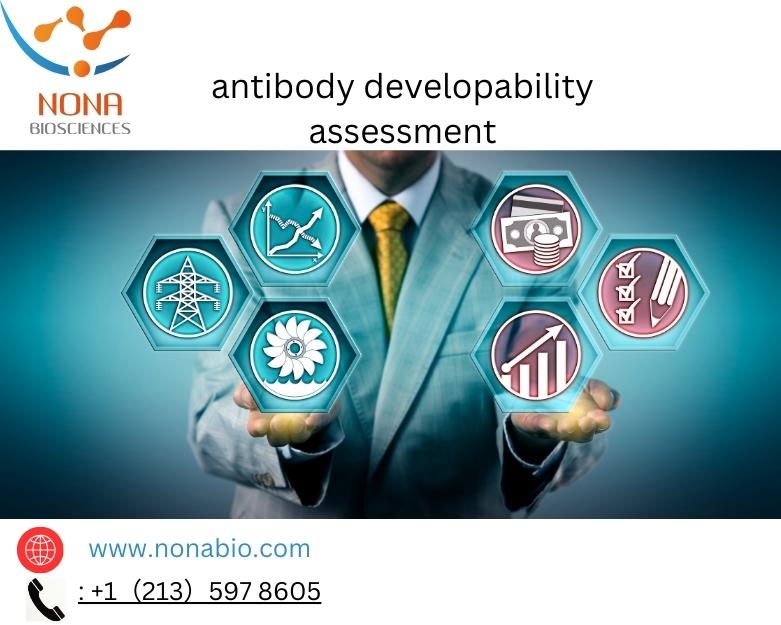In this guest post, we’ll delve into the importance of antibody developability assessment, what it entails, and how it influences the creation of life-changing medications.
Antibodies, specifically therapeutic antibodies, have garnered considerable attention in recent years as powerful tools in the treatment of a wide range of diseases. These proteins, harnessed from the body’s immune system, can be designed to target specific molecules or cells associated with diseases, offering precision and efficacy. However, the path to developing a successful therapeutic antibody is riddled with challenges, making a thorough evaluation process indispensable.
Antibody developability assessment involves a holistic examination of various aspects of a therapeutic antibody. It encompasses an array of evaluations, beginning with the antibody’s structure and function. Understanding the antibody’s mechanism of action, its specificity in targeting disease-related molecules, and its binding strength are fundamental to ascertaining its potential effectiveness.
The stability of the antibody is another crucial factor. Will it maintain its structure and function under different conditions, such as variations in temperature and pH levels? Antibodies often need to withstand the rigors of the human body, and assessing their stability ensures they remain active throughout treatment.
Pharmacokinetics plays a pivotal role as well. How will the antibody be absorbed, distributed, metabolized, and excreted within the body? A detailed understanding of these aspects is essential to establish appropriate dosing regimens and ensure the antibody’s safety and efficacy.
Furthermore, antibody developability assessment scrutinizes potential immunogenicity. This aspect considers the likelihood of the antibody eliciting an immune response in patients. Minimizing immunogenicity is essential to prevent the formation of antibodies that could neutralize the therapeutic antibody, rendering it less effective.
Manufacturability is another critical aspect of antibody development. Can the antibody be produced at a reasonable cost and scale? Assessing the manufacturability helps ensure that the antibody can be efficiently and economically produced for widespread use.
In the era of personalized medicine, the assessment of antibody developability is becoming increasingly sophisticated. Scientists are exploring innovative techniques to tailor therapeutic antibodies to individual patients, optimizing their effectiveness and minimizing side effects. These personalized approaches represent a significant departure from the traditional one-size-fits-all model, offering new hope to patients facing a wide range of diseases.
The future of antibody developability assessment is marked by technological advancements and a deeper understanding of the intricacies of drug development. High-throughput screening methods, computational modeling, and artificial intelligence are accelerating the process of antibody assessment, significantly reducing the time it takes to identify promising drug candidates.
In conclusion, antibody developability assessment is a linchpin in the drug development process. It ensures that therapeutic antibodies are not only effective but also safe for patients. As technology continues to advance, the field of antibody developability assessment is poised to become more efficient and comprehensive, leading to the discovery and approval of safer and more effective medications to address a wide array of medical conditions. It is, without a doubt, a cornerstone of modern medicine, offering hope and healing to patients worldwide.
Visit https://www.nonabio.com/ for more exclusive information.

